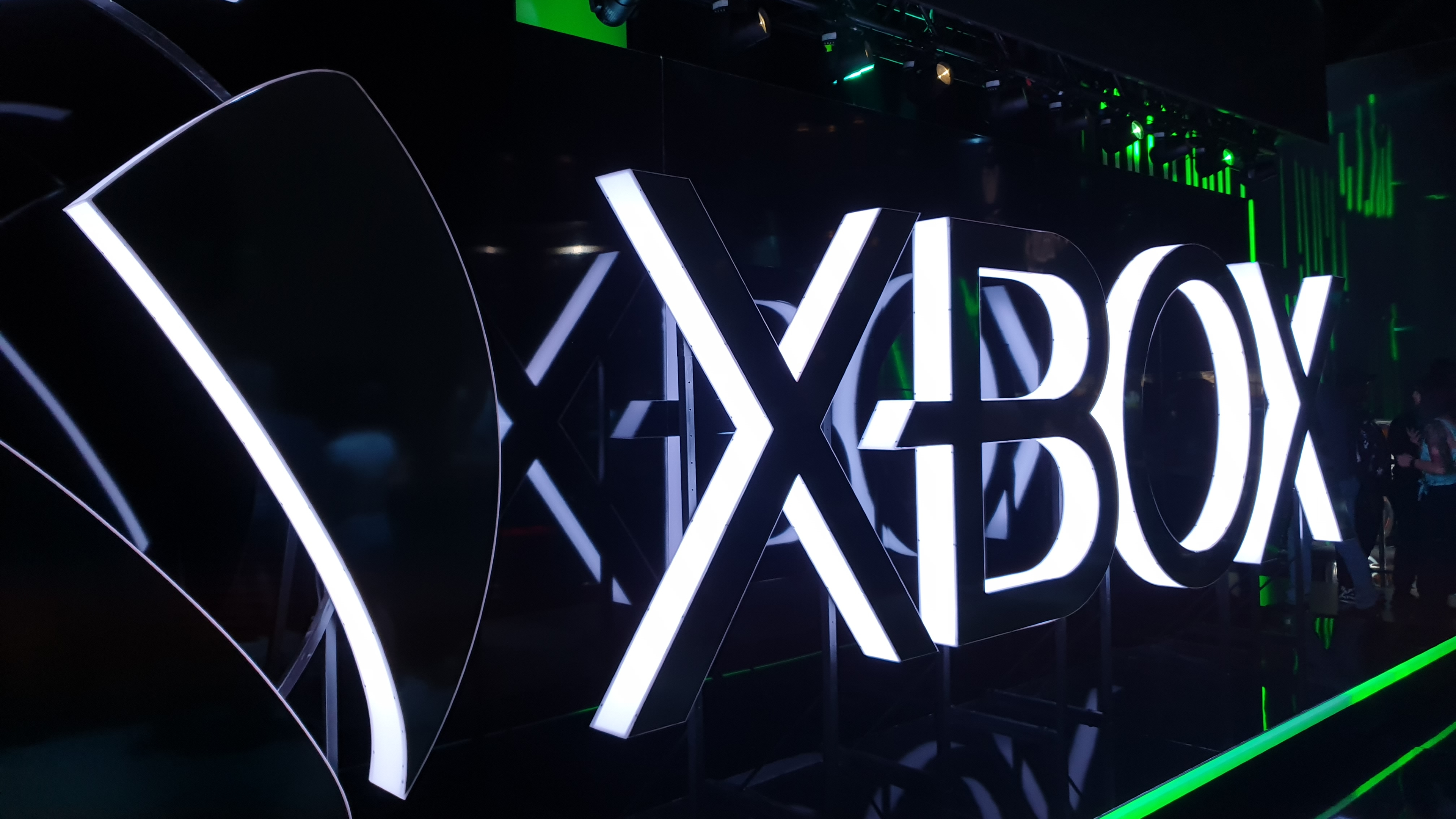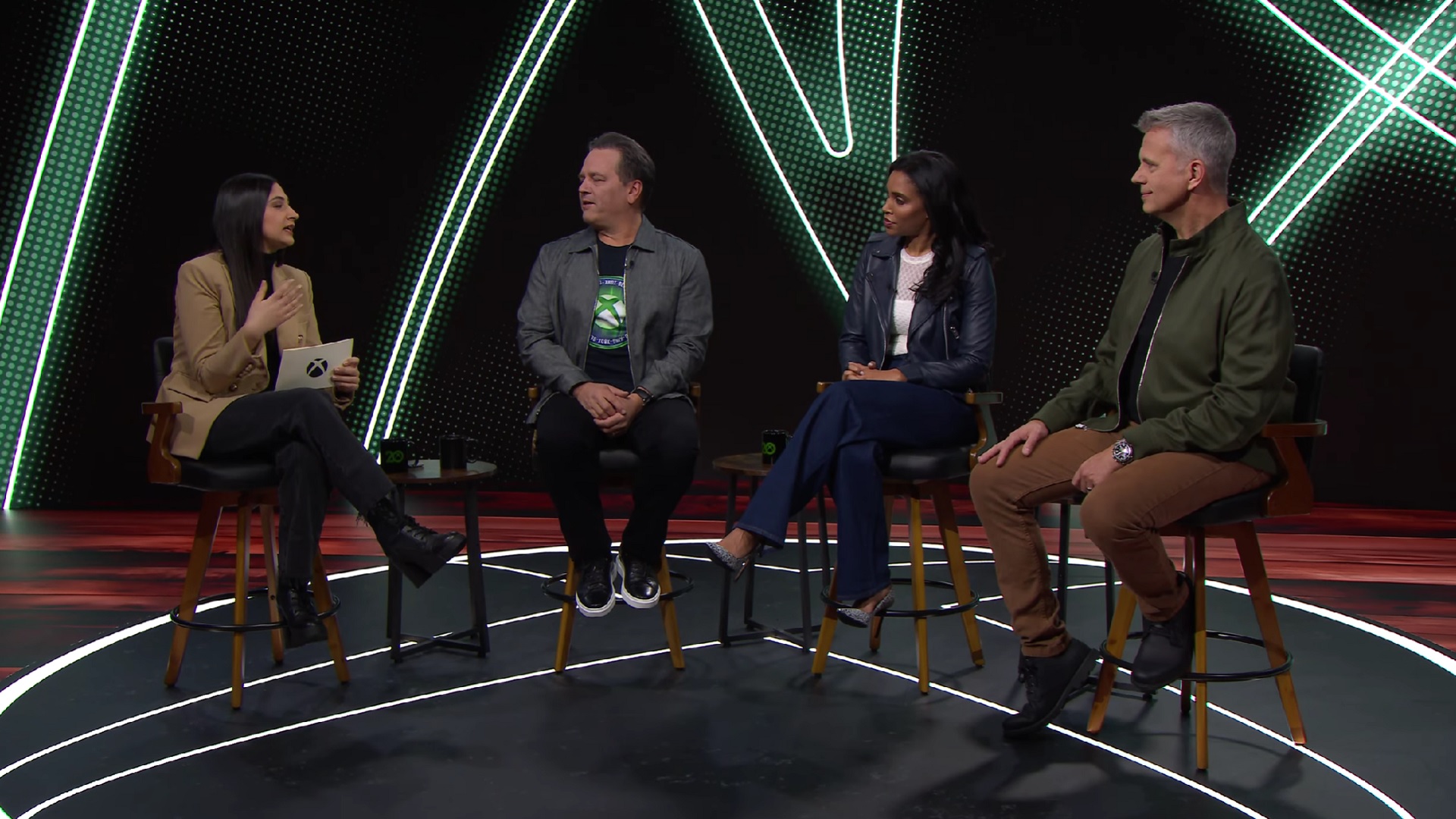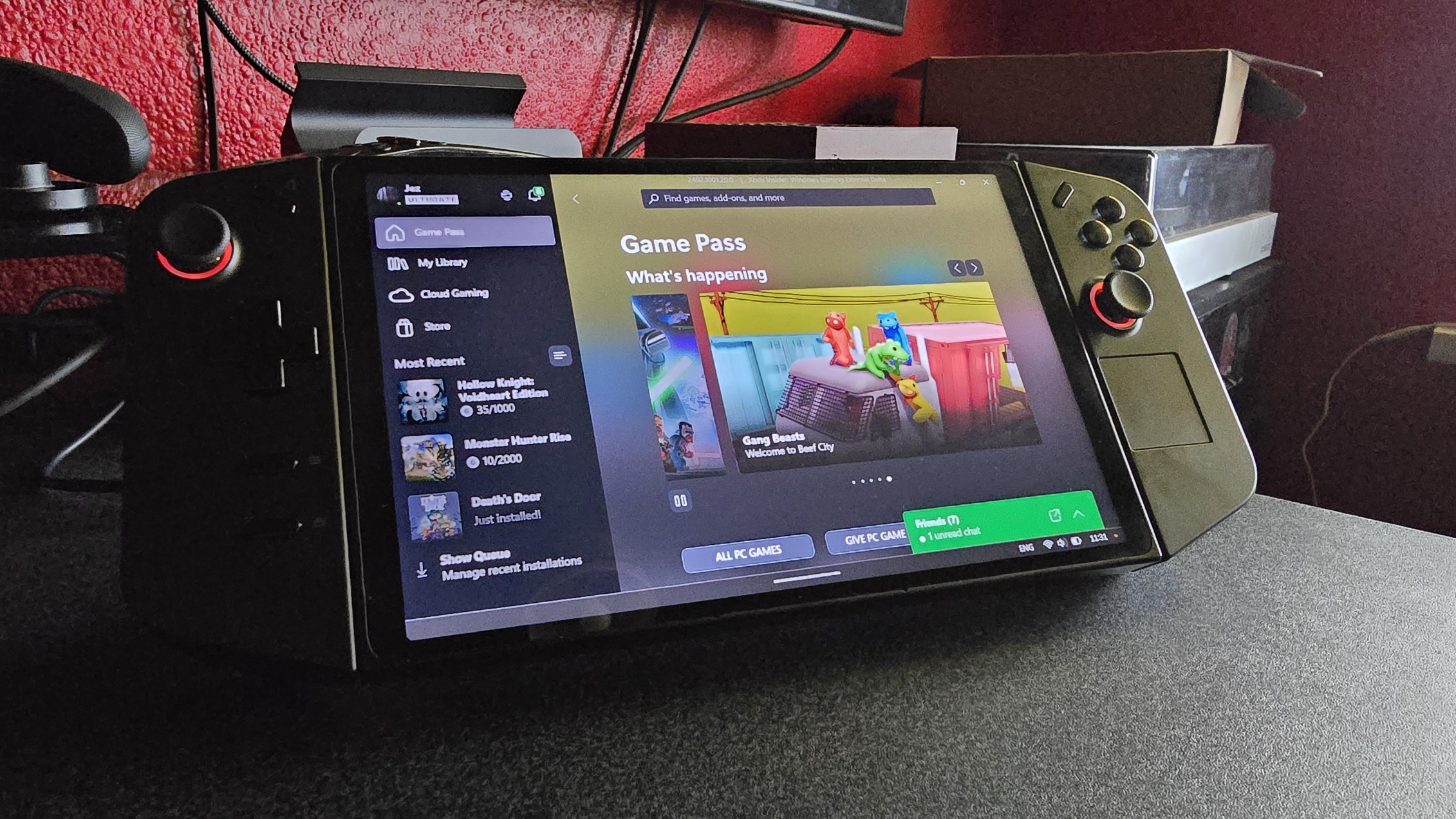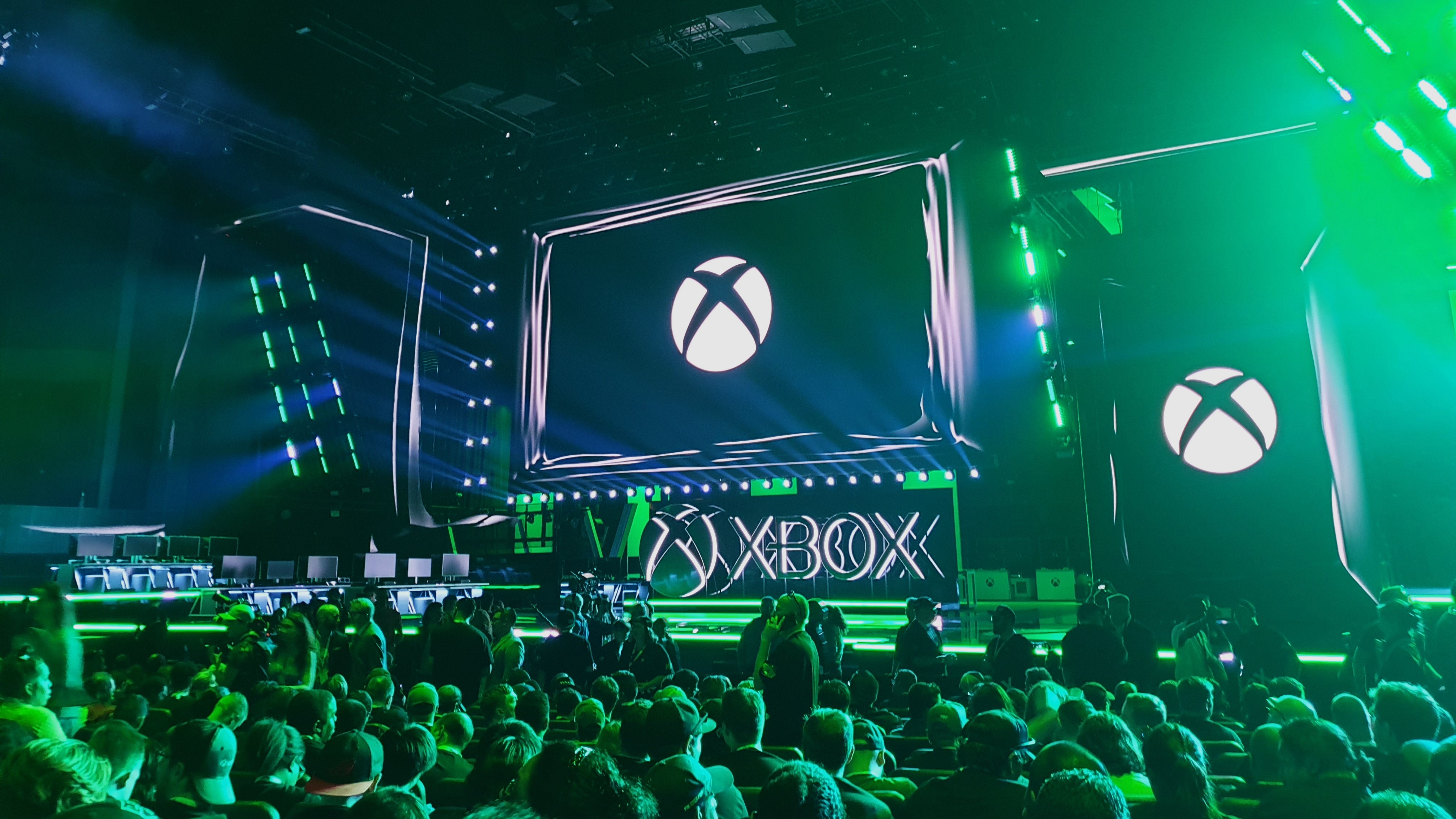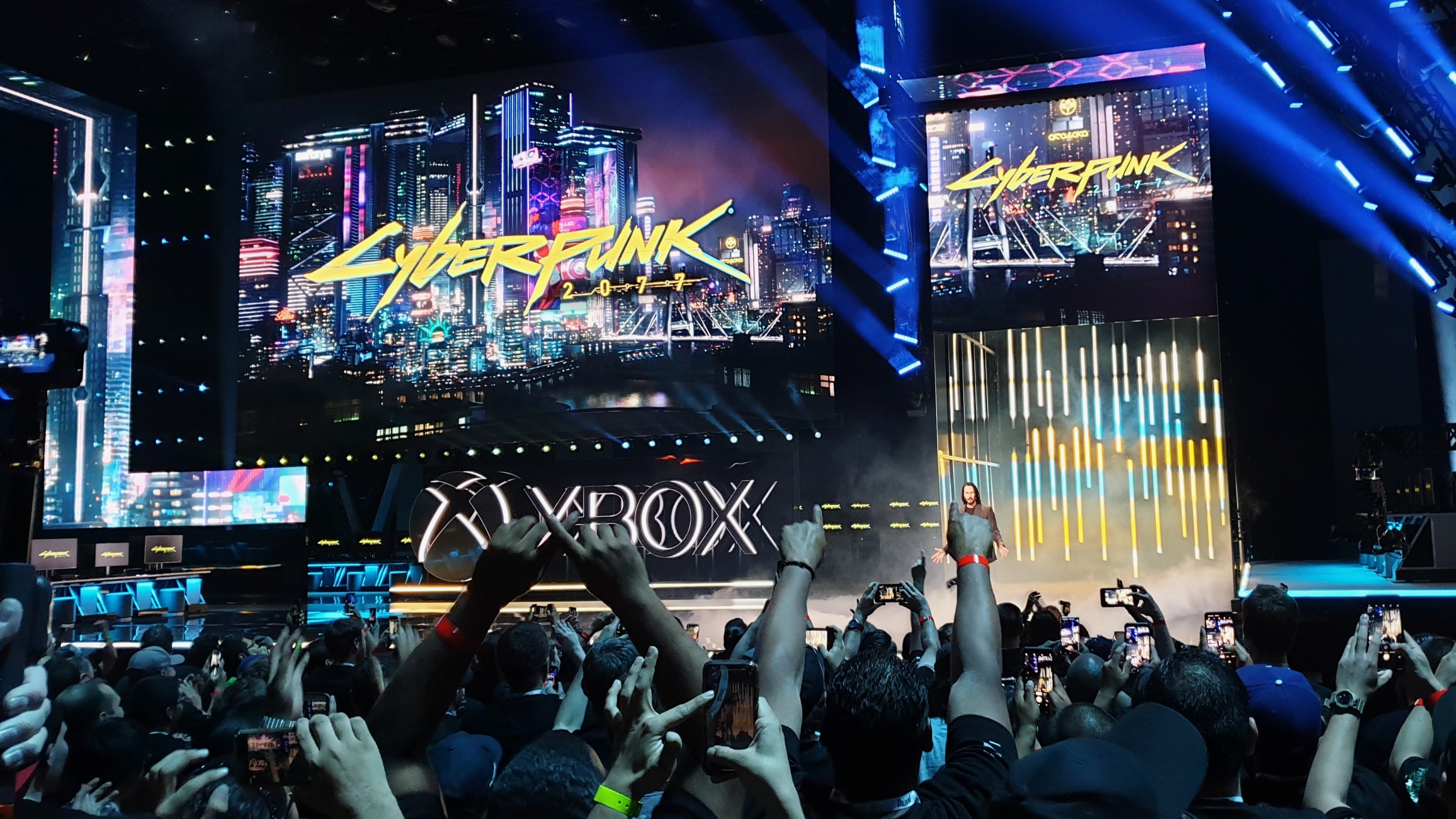As Microsoft looks to grow horizontally rather than vertically, the Xbox community it has carefully curated over the past ten years has fractured.
I wrote a while ago that with Microsoft distracted, the Xbox console experience is suffering. I know that article was passed around and read internally, but right now, at least, I don’t think Microsoft got the message, or perhaps more likely, it simply didn’t matter. The only thing that matters is growth, and perhaps that growth may come at the expense of things we know and love today.
Increasingly, we’ve seen Microsoft put its emphasis on practically everything except console. Microsoft undoubtedly has plans for today’s userbase, but a lot of the momentum Xbox seemed to have when the Xbox Series X and Xbox Series S launched has been replaced with complexity, inconsistent messaging, and dreams of growth on other platforms — piling confusion on the fanbase it has today.
Xbox fans have had to endure uncertainty before, but in my ten years of covering Xbox, embedded in the community. This time feels different.
With the emphasis on growth, do today’s Xbox players still matter to Microsoft?
In its recent rounds of messaging, Microsoft has placed a ton of emphasis on the growth of the Xbox business, and it is growing. Despite headlines about declining console sales, Microsoft assured investors last quarter that its overall active player base on console continues to increase — and according to a Microsoft spokesperson I asked on the record, those comments don’t include mobile or PC, as some like to claim. And, of course, when you include mobile and PR, the growth story looks even rosier. Microsoft now owns Activision-Blizzard, after all, and that comes with Call of Duty Mobile, subscription-titan World of Warcraft, and various other service heavy-hitters.
But none of that really concerns today’s oft-suffering Xbox console fanbase.
When you zoom out, there are plenty of reasons to be optimistic for Xbox’s console future. There’s the promise of bringing Activision-Blizzard games to Xbox Game Pass. To be fair to Microsoft, it has only been a few weeks since its deal for Activision-Blizzard went through, but it doesn’t “feel” like it, considering the court cases around it dominated headlines for essentially two years. The celebrations were short-lived since the arrival of Activision-Blizzard was also punctuated by layoffs, the divestiture of Toys for Bob of Spyro and Crash Bandicoot fame, and the death of Blizzard’s long-awaited survival game project.
This is just one example, but sometimes it feels like every shred of potentially positive Xbox news seems to come with “caveats” lockstep in back-handed complement. Xbox fans are still trying to wrap their head around Microsoft’s decision to bring four of its headline-making exclusive games to PlayStation and Nintendo Switch. A recent interview between Xbox lead Phil Spencer and Polygon seemed to just complicate matters.
In the interview (you should definitely read), Spencer projected his trademark frankness and honesty. There’s a lot of cool stuff in there; Phil Spencer talks about improving Windows on PC gaming handhelds like the ASUS ROG Ally and teased those improvements on the way. However, he also discusses some of the industry’s biggest pain points. You should make absolutely no mistake that Xbox’s competitors are having exactly the same conversations outlined within it. They are doing so behind closed doors, however, rather than outwardly to press. They are also carefully planning how best to frame these strategic shifts in order to avoid alienating their current customer base, sometimes with mixed success.
Microsoft, by stark inverted contrast, announced boldly and proudly that it would be violating decades of gaming convention to deliver console games marketed and advertised as Xbox exclusive to competing platforms. It did this via a curated “Xbox Business Update” podcast, which I think still has people perplexed even now. In the video, Spencer says the four games (Pentiment, Sea of Thieves, Hi-Fi Rush, and Grounded) are part of an experiment — but we don’t really know what exactly the experiment’s hypothesis is beyond “money,” or what its intended or expected outcomes are. We don’t have an explanation as to why these games were chosen and not, say, Halo.
In a perfect world, this wouldn’t be a problem at all. In a perfect world, platforms would compete entirely on their merits, and content wouldn’t be gatekept. But we do not yet live in this world, and we may never live in this world. The fact that this is billed as an “experiment,” using games that aren’t necessarily associated with the Xbox brand in the same way “Halo” is, proves that Microsoft itself is nervous about its implications, in my view. If that’s true, then I ask, why wouldn’t, or shouldn’t, Xbox customers be nervous too?
I don’t have access to the vast sentiment-tracking Microsoft does, but I am in a lifestyle job that involves reading thousands of comments from various Xbox communities across the web. I would say it’s true that the vast majority of Xbox customers today probably aren’t even aware of these moves if they would even care. I would say that it’s true that there are large portions of the “core” fanbase (the types who care enough to read articles like this) who are aware and still don’t care. I doubt there’s any evidence that these decisions have led to decreased console sales as of writing. But it’s difficult not to make longer-term extrapolations, particularly when you’re essentially betting your money on digitally-locked content.
Even if you genuinely believe, like I do, that this “experiment” is for these four games right now, there’s no reason to think that the “experiment” won’t eventually expand to eight games or then sixteen games. I can predict right now that Microsoft’s data will say that people purchased Sea of Thieves on PlayStation, and it had no material impact on quarterly Xbox console sales. Perhaps then, it will even expand the “experiment” to Halo and Forza themselves. If Sea of Thieves on PlayStation becomes a big financial success story, it would be difficult to argue against porting Halo and Forza. How would Microsoft explain that to the press? How would Xbox explain against it to CFOs Tim Stuart or Amy Hood? How would Microsoft explain that to its own developers and teams, which have their own targets to hit? Those targets would be a lot easier to hit without platform exclusivity holding them back.
What if Halo and Forza on PlayStation ended up being one step too far for consumer confidence in Xbox, and now you can’t take it back?
Pandora’s box is already open, and no matter what game Xbox announces now and in the future, people will always question “when” South of Midnight, Perfect Dark, Starfield, or any other “side-brand” Xbox exclusive will come to PlayStation. What are the red lines, if there are any? It doesn’t sound like there is right now.
And I’ve written this before, but perhaps none of this matters. Perhaps nobody cares if Xbox games launch on PlayStation, and perhaps consumers will continue to buy Xbox consoles at the same rate they do now. There are reports (via Newzoo) that more than half of all gaming hours are spent on just a handful of older games like Fortnite, Call of Duty, Minecraft, and so on. Perhaps that’s the business now, and we old-timers who play games outside of the “black hole” medium just aren’t a factor anymore.
Either way, we won’t know the “results” of this “experiment” for many months to come. But if you’re investing money today in a permanent digital content platform that could at least be perceived as preparing for a broader shift to platform agnosticism, I can see why you might be nervous to continue supporting a platform that seems less willing to compete than ever.
Why buy an Xbox that only has Xbox games when a PlayStation has PlayStation and Xbox games?
Hunting for clarity, and finding only confusion
Furthermore, why buy a PlayStation when a versatile Steam Deck 2 or Steam Deck 3 has both PlayStation PC and Xbox PC games, though?
It’s true that the industry is evolving at a break-neck pace, in part because of the improved viability of mobile gaming in general. In the Polygon interview, Phil Spencer discusses real-world dilemmas that console manufacturers are facing today. The demand for silicon is making it hard to reduce costs in console hardware. The rate of inflation globally speaking, combined with a general decrease in gaming hours across the board and truly insane competition, has made AAA gaming a riskier bet than ever. It was said that in decades past, a studio could endure a few failures, but a single failure can see an entire business fall apart in today’s climate. You need only look at the broader landscape and the thousands upon thousands of job losses, studio closures, divestitures, and investment pullbacks to notice that there are big changes taking place.
As I noted above, the questions that Phil Spencer poses quite frankly in the interview are conversations the entire industry is having right now. However, Xbox’s messaging here makes for uncomfortable reading if you’re a current or potential future Xbox fan in some ways — and as a pessimist, it’s hard not to wonder if it’s intentional to prepare customers for more difficult news.
Spencer talks about finding the next generation of gamers and aligning them with their habits. I can see from our own analytics that if you’re reading this, you’re most likely a millennial or gen-x, with an age range of 25-55. You can’t really build a business with the view of profitability for decades to come without considering the next generations. Gen-z is now entering the “disposable income” range of consumers, with gen-alpha hot on their tails (yes, gen-z, you’re getting OLD (no cap fr).
To that end, Spencer discusses how these cohorts grew up in a gaming world without barriers. Where you could take your Nintendo Switch or your iPad and play games wherever you fancied, he hints at building Xbox handheld devices — but even then, comes the caveat of “how can we build these devices to find new players.” New players are great, but what about us? “This notion that Xbox can only be this one device that plugs into a television isn’t something we see in the Gen Z research.” Spencer continues, but again … what about … you know, us? The people who are paying you right now to build a great console platform. What’s Xbox doing today to make the platform they have right now more attractive?
Spencer goes on to talk about bringing third-party PC gaming stores like Epic Games Store or itch.io to Xbox — another Pandora’s box. I’m not sure how adding PC stores to Xbox is going to help make Xbox more attractive as a platform. Perhaps adding Steam would, given the many thousands of PC-exclusive games it has there. But Steam is strangely not mentioned — and that’s perhaps because bringing Steam to Xbox would basically be the end of the Xbox platform. “But PlayStation PC games would be on Xbox!” Well, there’s no reason to think Sony wouldn’t block specific PC PlayStation games from appearing on Xbox-branded hardware. Steam doesn’t force developers to offer their games ubiquitously via Steam, which is why NVIDIA GeForce Now only has access to the Steam versions of specific games.
But herein lies the rabbit hole of questions. After extrapolating from Epic Games Store and itch.io comments, why not Steam? And then extrapolating beyond that, Steam on Xbox could mean more games than ever will skip the Xbox “version” and just opt for Steam instead, which can be curated more cheaply on a single platform. In that scenario, why does an Xbox ecosystem exist at all? Isn’t that just a Windows-based Steam machine at that point? Does Xbox have the licenses to bring my Xbox OS games along for that ride? And if not, what if I want to continue using my Xbox library that I’ve spent over a decade investing in? There’s already a persistent narrative that developers don’t see Xbox as a worthwhile platform to do business (true or not), and I can’t help but feel like turning Xbox into a Windowsbox is simply throwing in the towel.
The fact Microsoft brings up putting itch.io and Epic Games Store on Xbox feels like a clear hint about future plans, at least on the face of it. How does this impact me as a customer who relies on developers making Xbox versions of games? I feel confused. I’m already without Monster Hunter Stories on Xbox because Capcom didn’t think it was worth the port. Maybe I can get Monster Hunter Stories on Xbox via the Steam version of Xbox, then. But will any developers think making Xbox versions of games is worth it at that point without the Xbox Game Pass investment? Doesn’t that again just lead to a Steam Deck by Microsoft scenario? Won’t that just lead to the eventual orphaning of my digital Xbox library, which is locked to a hardware platform that is doomed and no longer supported? Will I have to re-buy all of those thousands of games on Steam when the Xbox store is eventually shut down due to lack of support? Developers don’t support the Microsoft Store on Windows 11 without a PC Game Pass investment, so why would they support an Xbox Store that was also part of a Windows-like open platform where Steam exists? Stupid me for believing Xbox was in it for the long haul, huh? Etcetera, and so on, blah blah blah. So many questions, so much confusion.
I ask myself how much of it is cynicism on my part. Perhaps PlayStation wouldn’t pull its games from the Xbox version of Steam. Perhaps we’re moving to a world where PlayStation would even consider how much money it would make putting a game like Helldivers 2 on Xbox. Maybe that’s just the way everything is going. All formed of open platforms, with storefronts at the forefront, services at the edifice.
The Steam Deck platform is disrupting things and might be a vision of what’s to come. Valve has essentially backdoored its way into the console industry by making a handheld that has games from both PlayStation and Xbox as part of its library. Some of these comments from Microsoft likely revolve around that paradigm shift. It’s just such a radically different way of considering the business we’ve known and loved for so long that it’s hard not to fill in the blanks with cynicism at times.
I like the idea of growing the industry as a whole instead of at the expense of the competitors, but it shouldn’t come at the expense of the competition itself. And it certainly shouldn’t come at the expense of today’s Xbox customers. Perhaps Spencer is simply hinting at belief in a regulatory future where the EU or U.S. forces every platform to “open up” and be more Windows-like, as is happening in the EU and U.S. right now with Apple. But if that’s the case, why not say that? Again, every time Xbox says things like “Xbox customers matter” in recent years, it almost always comes with a caveat or further confusion — which feels born of a lack of focus on those very same customers. I feel like there should be more consideration on how your customers are going to receive these kinds of comments if, indeed, there is still interest in maintaining confidence in the platform. Maybe there isn’t. I don’t know. More questions.
I don’t understand how bringing third-party storefronts to Xbox or putting games onto PlayStation necessarily helps grow and maintain the Xbox console business. I would love to see a thorough explanation of how that works. I can see how it potentially helps PlayStation or Steam, and that’s great for those users. But will it come at the Xbox console platform’s expense? I’m not gatekeeping content here — it’s all about the ongoing implications for our permanent, digital Xbox libraries. I don’t know if all of these initiatives make my digitally locked bet on the Xbox console platform more risky. I know that Xbox has to grow in our current economic system, but I keep wondering what it will cost them to get there. I, and many others I speak to, wonder if our investment will be the trade-off. I, and many others, wonder if we’re still valuable to the new entity “Microsoft Gaming,” which is now one of the world’s biggest third-party publishers, Xbox, or not.
Even though I know this isn’t true of their plans, so many of these positions only make sense to me if they’re betting on a future where Xbox is only a third-party publisher on Steam and PlayStation, in a world with less platform competition than ever. But perhaps the truth is that games themselves are the platform now. The old way of thinking, perhaps, simply doesn’t work. I would just ask that people who prefer variety-gaming in that old-school Xbox and PlayStation way aren’t simply cast aside in the process.
Bring us with you, don’t leave us behind
I feel like Xbox, in general, likes to be overly open with its thinking, and you’d think that’s generally a good thing. However, it often doesn’t go far enough, leaving more questions than answers in its wake. There are still games skipping the Xbox platform arbitrarily, although the situation has improved. Xbox hardware sales are tanking in Europe — making for headlines that developers are no doubt considering when prioritizing their businesses. Microsoft is talking about Gen-Z and Gen-Alpha and new horizontal markets while questions hang over the console verticals it has right now, fair questions or not. I appreciate entirely that if you’re not growing in a universe where costs perpetually increase, then you’re essentially dying — but I’m not sure this is a particularly useful marketing pitch.
People do read between the lines, and if you’re talking about everything and anything that has no benefit to today’s Xbox console user, it becomes increasingly apparent that we’re not important and we’re not a focus. When creating messages to your customers, the platitudes start to ring hollow when the actions are so easily perceived to be at our expense. Microsoft says that every decision is made to make Xbox stronger in that interview, but which Xbox are they talking about? Xbox the publisher, or Xbox the console platform, or Xbox the Microsoft revenue stream?
As I noted in the opening, not every Xbox community is on the doom train. I am not claiming to speak for everyone. Not every individual is a glass-half-empty kind of person. I often am, but there are plenty of reasons to be optimistic about the Xbox platform in general. Activision-Blizzard’s back catalog is coming to Xbox Game Pass, probably sooner than you might think. I know that Microsoft is prototyping Xbox handheld hardware so we can take our libraries beyond the living room. Microsoft is working on a mountain of exclusive Xbox titles for Xbox console players, many of which I’ve heard are shaping up incredibly nicely. But it shouldn’t need to fall to rumors or teases to find that optimism.
Xbox’s messaging here makes for uncomfortable reading if you’re an Xbox fan in some ways — and it’s hard to not wonder if it’s intentional, to prepare us for more difficult news.
The strategic shifts at Xbox feel near-constant, and I feel like if you’re a technologist, you need to live in that break-neck universe of innovation. But if you’re a consumer platform, you need to offer your customers familiarity, clarity, and stability. I find this particularly true in an era where our digital purchases are permanently locked to these platforms. Every dollar I drop into Xbox is there forever. I can’t take it out. A lack of faith in the platform, fair or not, could result in a downward spiral of general consumer confidence. I worry that the conversations I’m having with Xbox fans and content creators in my small slice of the internet could one day become more mainstream — I already see viral TikToks and YouTube Shorts where creators are claiming Xbox is going fully third-party, though we know today that’s not the “plan.” How much are these “experiments” stressing the Xbox brand? How much are other platforms discussing similar “experiments” behind closed doors?
I don’t want Xbox to stop talking about the future of the business as a whole. It’s incredibly insightful. But if they’re going to do that, there needs to be even more openness and clarity. I want them to also talk about what is being done for Xbox’s current customers today. Tell us what big features are being developed for the Xbox console platform — tell us where that investment is going. Tell us how these strategies will be used to improve Xbox overall, beyond just finding new verticals. Spencer says the decisions made today are to make Xbox stronger, but how? Xbox has been asking its consumers to take a lot of faith for many years, and it feels like the faith in some corners is running dry.
I do feel like I’m asking for a lot here. I know Xbox is working hard for today’s customers behind the scenes. I know the Activision-Blizzard acquisition was an incredibly uphill battle for Microsoft, and so, too, is the massive integration. Microsoft is bigger than ever before and more complicated than ever before. AI and its implementation are upending the entire company — the implications potentially impact humanity and its future as a whole. It seems silly to complain about occasional smaller games skipping Xbox or worry about the implications of getting itch.io on Xbox in the broader context of everything going on within the world’s most valuable company. I feel weird for opining about things that, in the broader context of life itself, don’t really matter. Xbox is more than just a “platform” to me and millions of others, though. Because of that digital lock-in, there’s a responsibility to account for there.
Gaming and play have the power to connect people from all over the world, from different cultures and backgrounds, people of different means and needs, bridging all deltas under a common banner. Gaming is a source of joy and relaxation for millions, a source of calm and stability in an otherwise chaotic, uncertain era. I started a thread on Twitter (X) showcasing some of the ways Xbox and gaming has helped people. Some uncertainty has seeped into Xbox in recent years, though, and the mood among my small corner of the net has shifted in a way I haven’t seen since I started writing professionally.
For sure, maybe I’m just dumb, and none of this matters. Maybe I’m wrong for all of these concerns, and others are wrong too. Perhaps the messaging isn’t Microsoft’s fault, but the interpretations people are making, or the framing or context put on them or omitted when they’re reproduced in articles. I know the games business isn’t about selling consoles directly. There’s little evidence of broad support for Xbox drying up (in fact, there’s plenty of evidence to the contrary). I’ve been told by trusted sources that Microsoft will potentially spend more than ever on third-party Xbox Game Pass content this year — not less, as some have suggested. Decreased sales don’t mean zero sales, and Microsoft does have more active Xbox console users than ever, per CEO Satya Nadella’s comments to investors last quarter. But I’m not sure why a lot of the emphasis seems to be moving away from the platform that exists today if it indeed still matters. I am confused.
I’d just like Xbox to spend a little more time talking about and to the customers it has today. I’d like to see more consideration for how these ideas and initiatives might stressor confidence and make the platform feel more vulnerable than it actually is. Give us a roadmap for major updates coming to the Xbox platform. Give us more frequent insights into games, tech, teams, and studios that have gone dark for years and years. How will Xbox Game Pass integrate the vast operations of Activision-Blizzard? Give us new platform features and improve the current ones, like Xbox achievements. Don’t just tell us to trust the process; explain why we should. What’s the plan?
I’m sure firm answers to a lot of these questions are already penned in to arrive in the coming months, particularly as we head towards Xbox Showcase season in June. For what it’s worth, I’m still optimistic. But I understand why some people are not.
Xbox has more challenges than ever before, but it has more opportunities, too. I just hope those opportunities don’t lead Xbox down a path that many of its core “today” customers can’t follow. Yes, I am paraphrasing Padme.
But this is me: Maybe we aren’t the future of consumer spending for Xbox, but we’re still here today — don’t move on from us too quickly.


